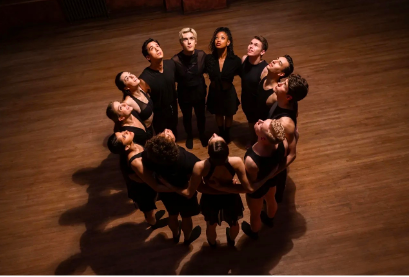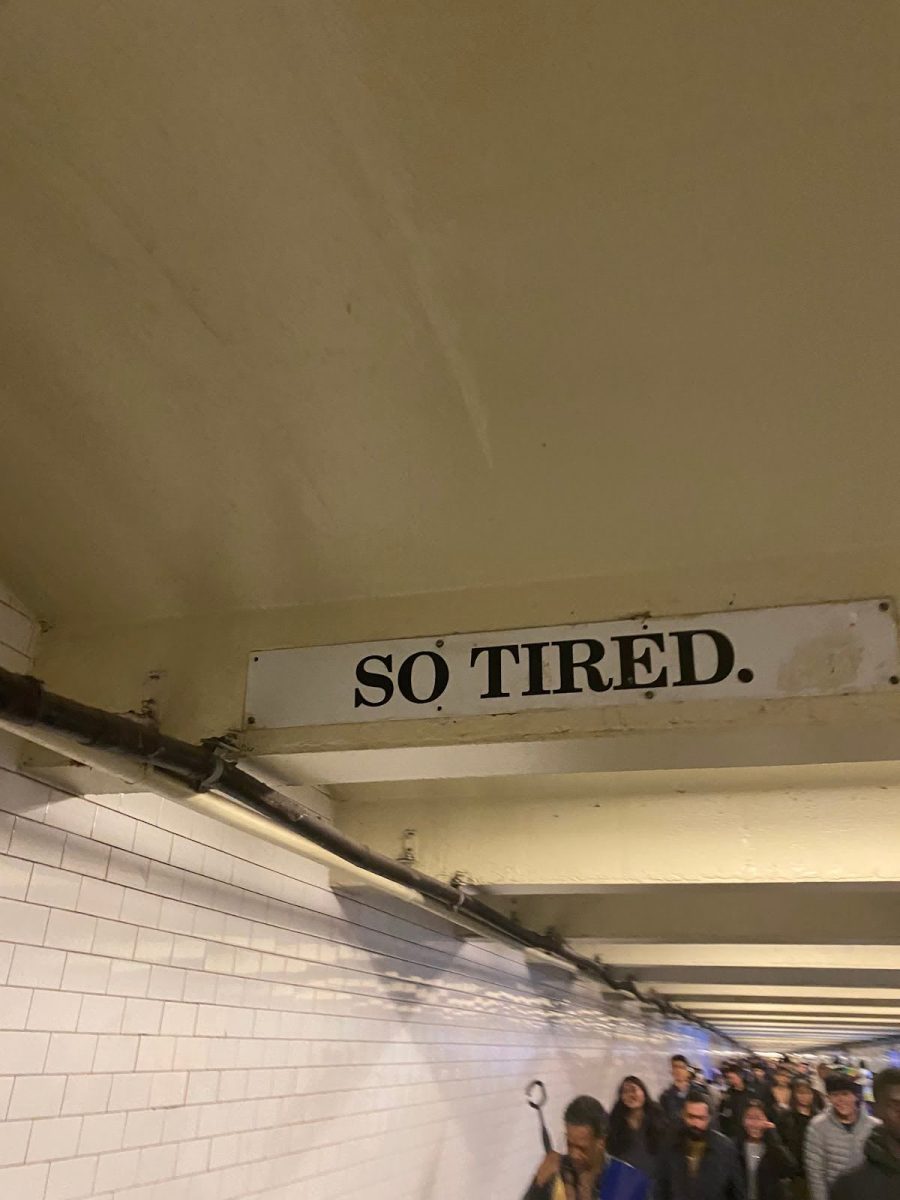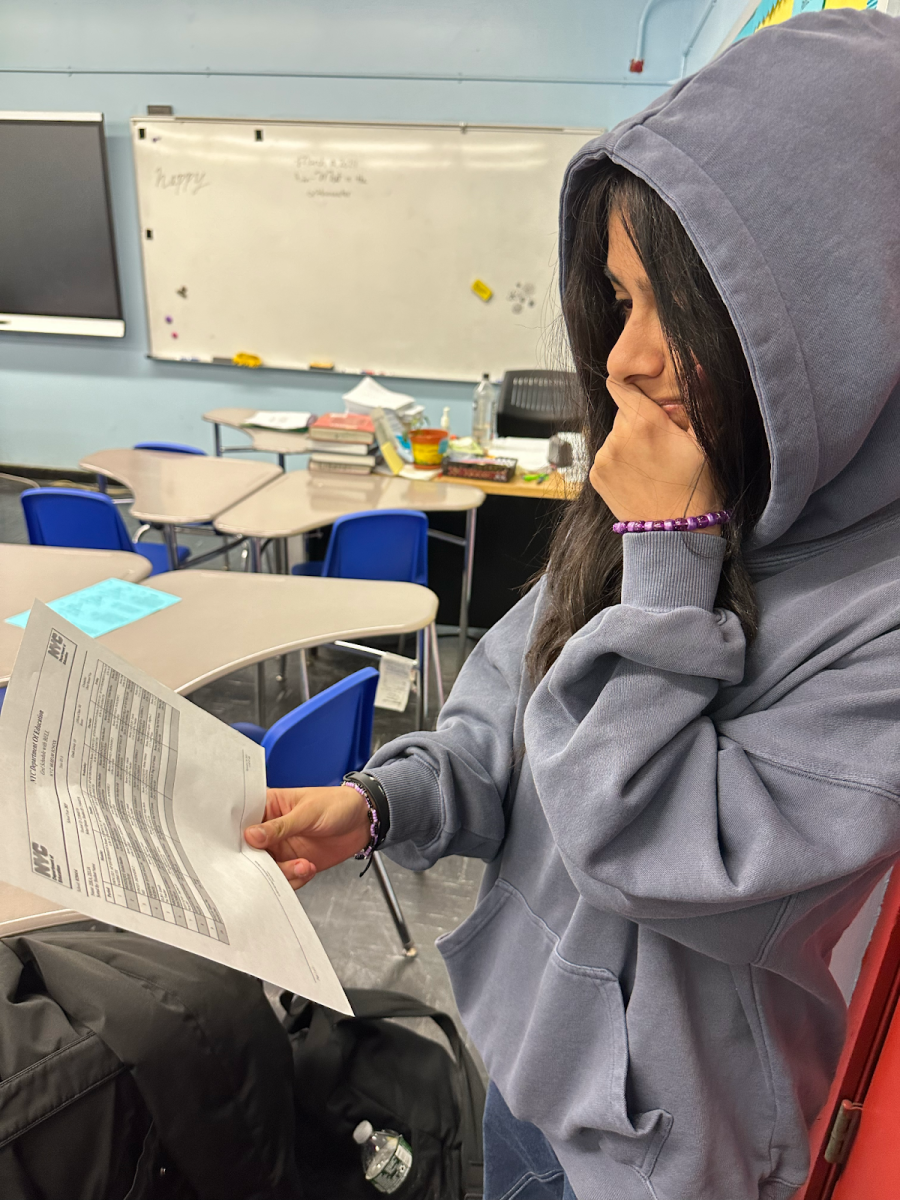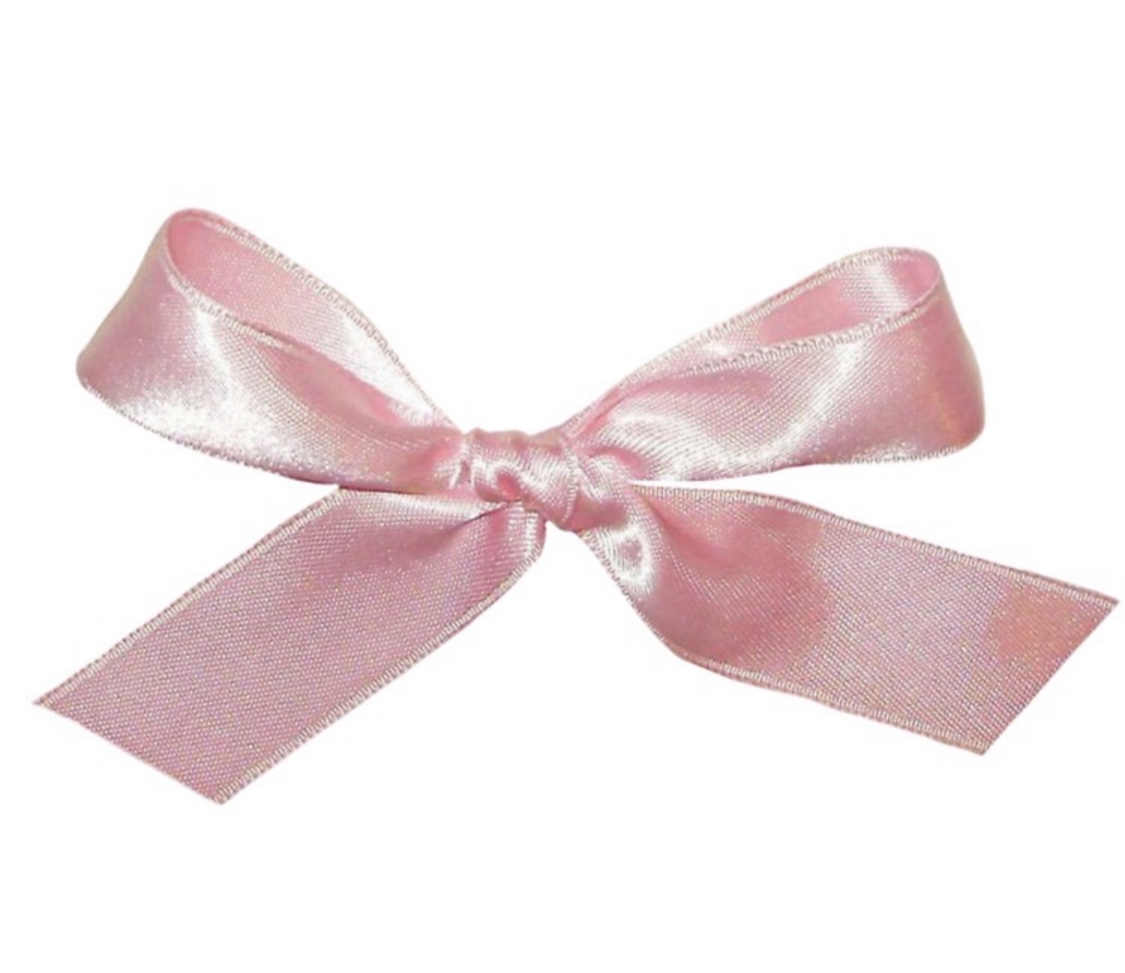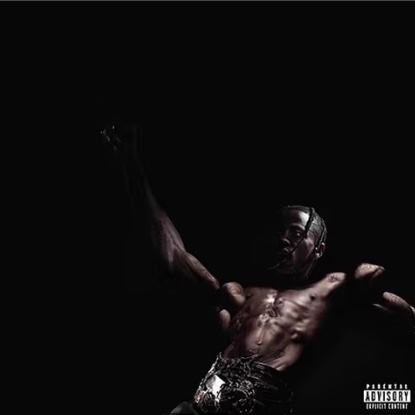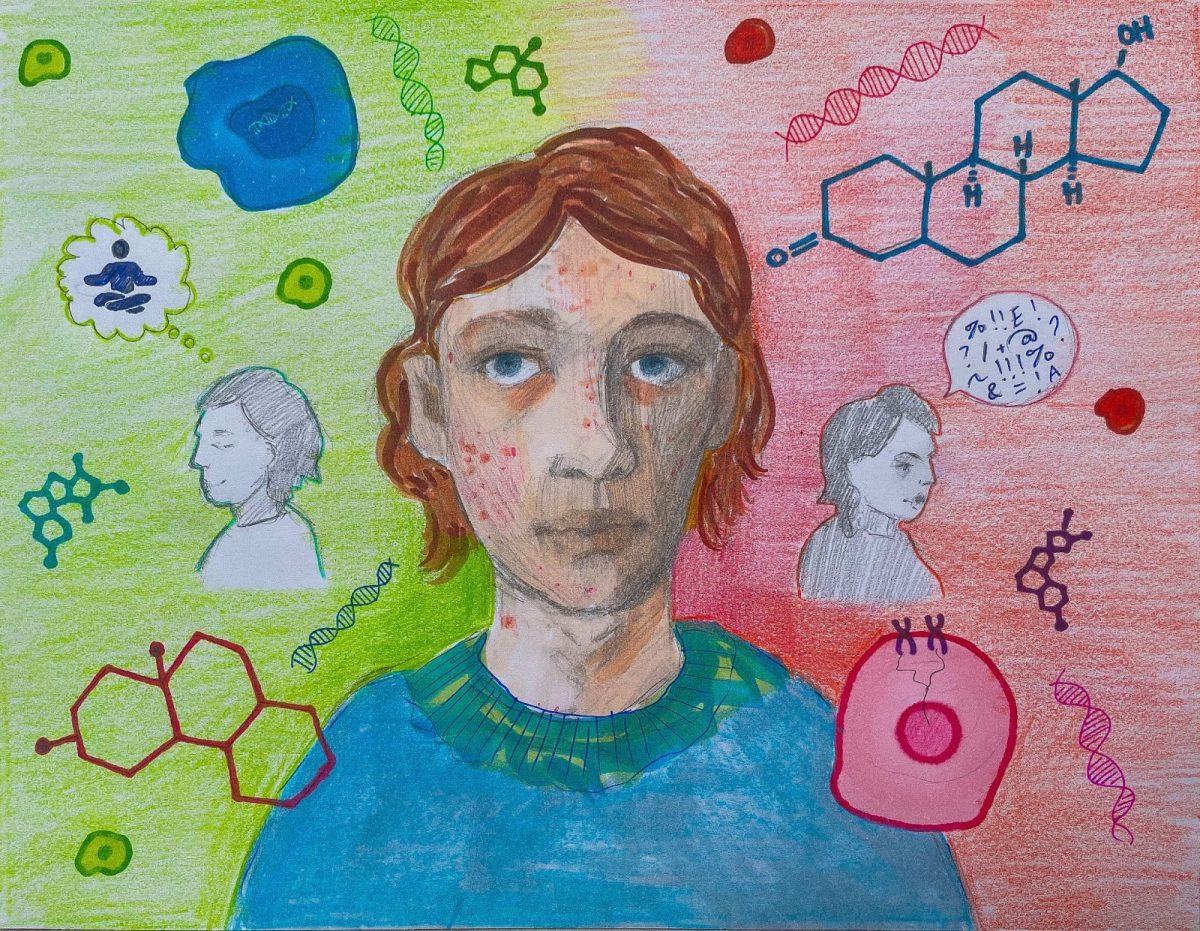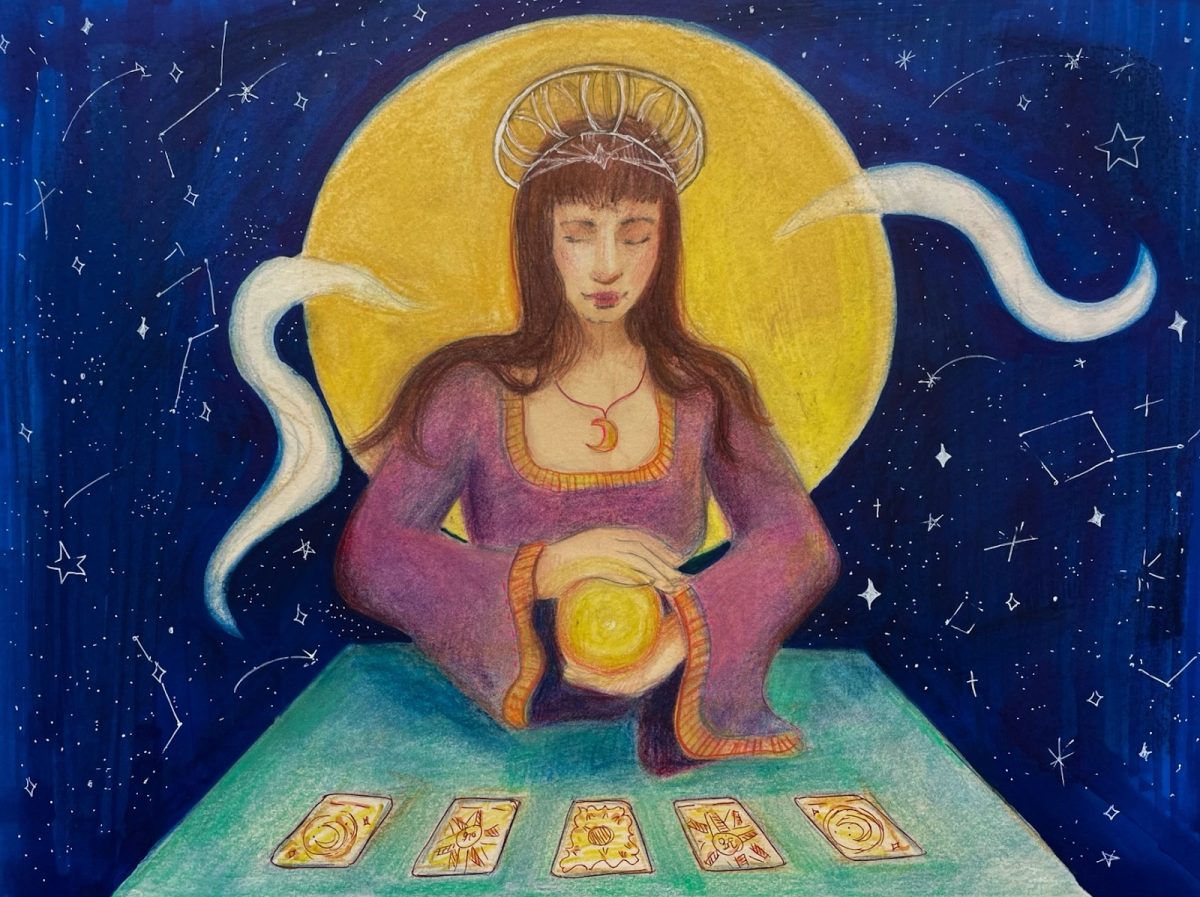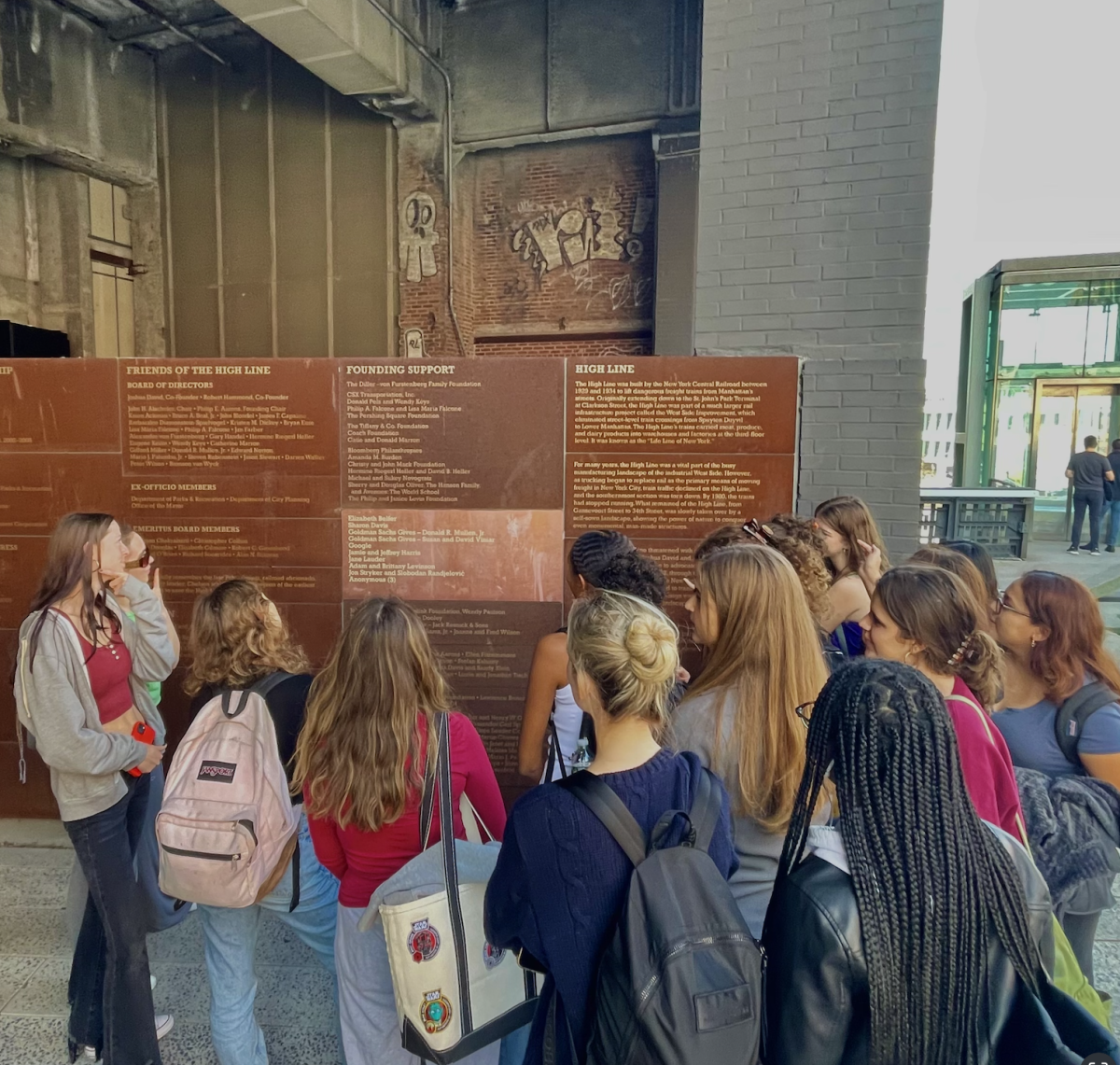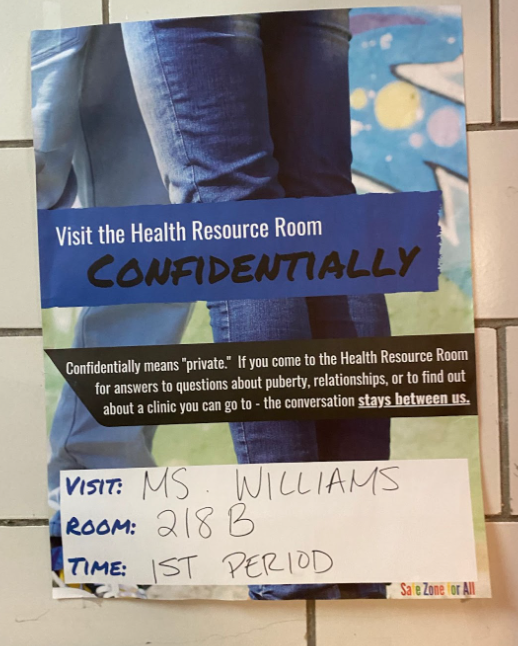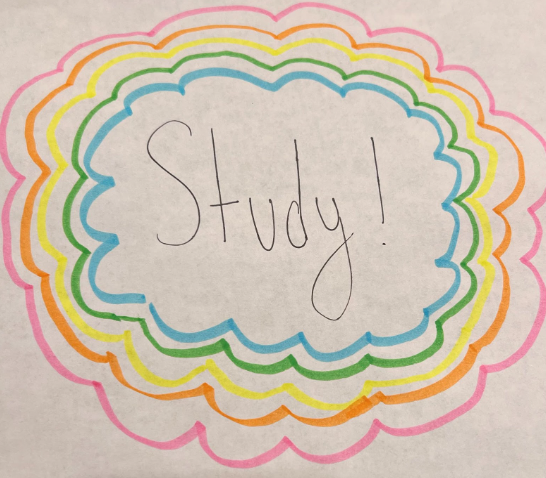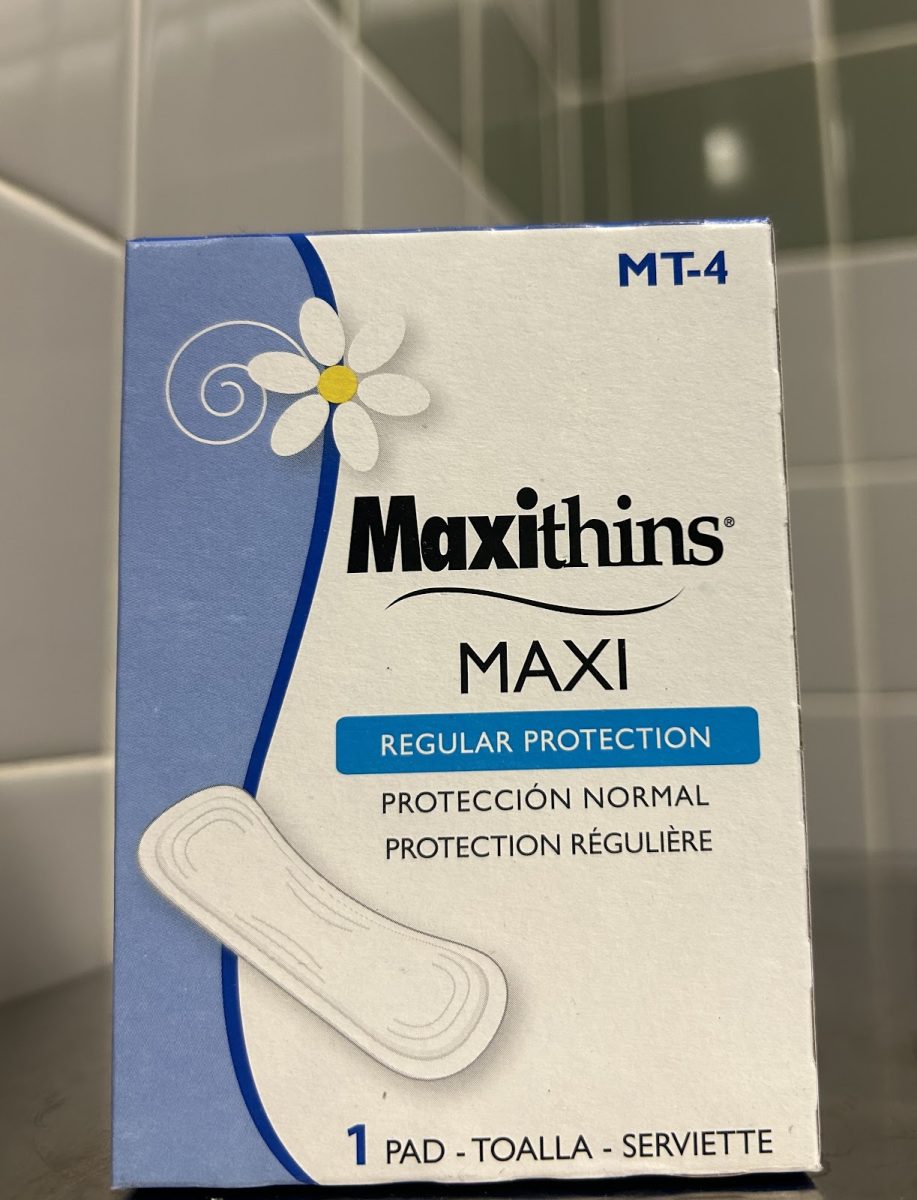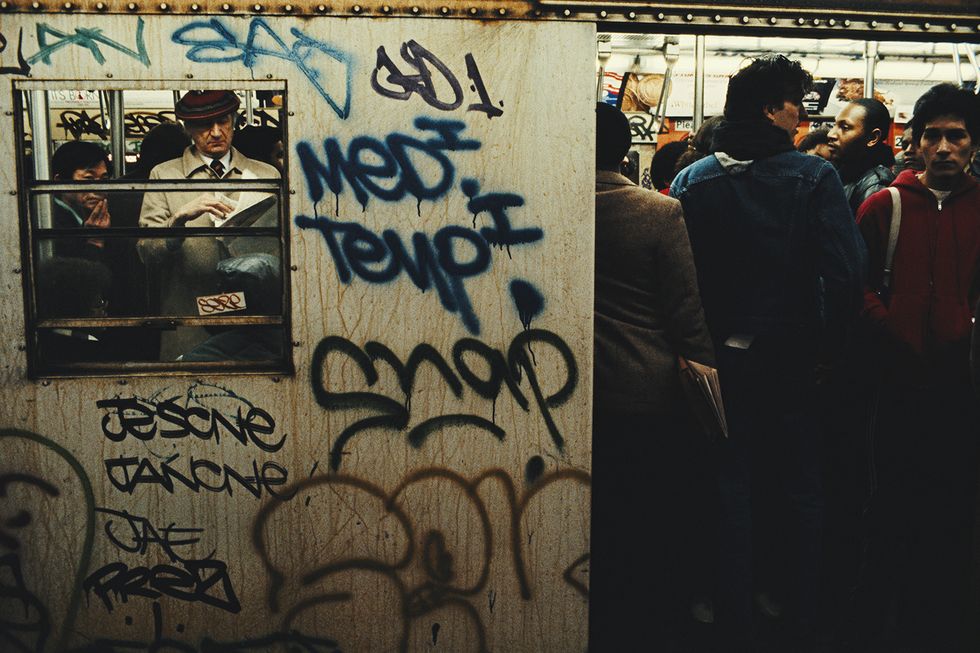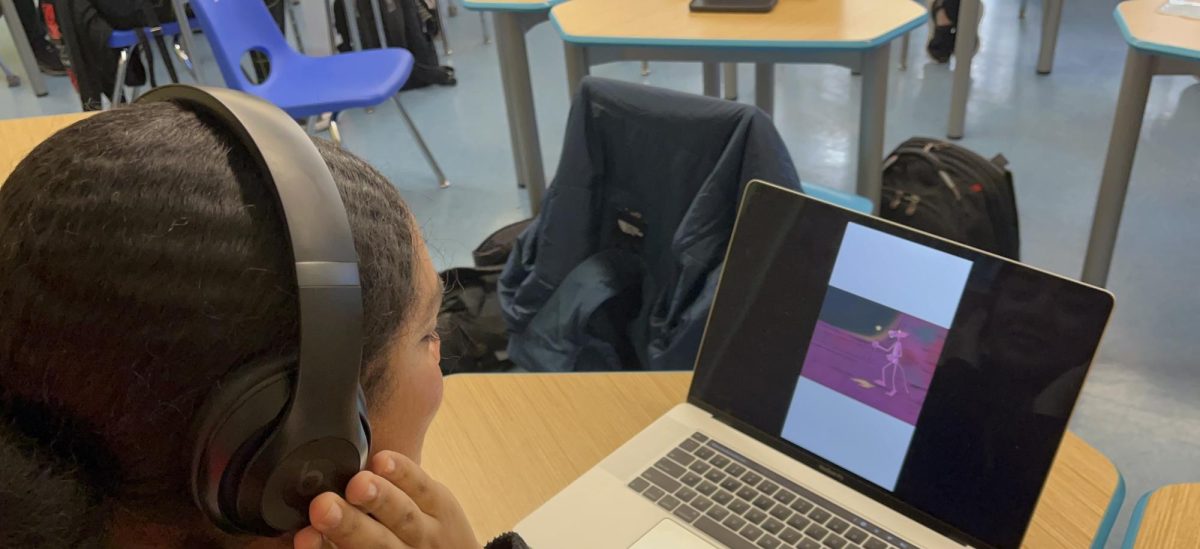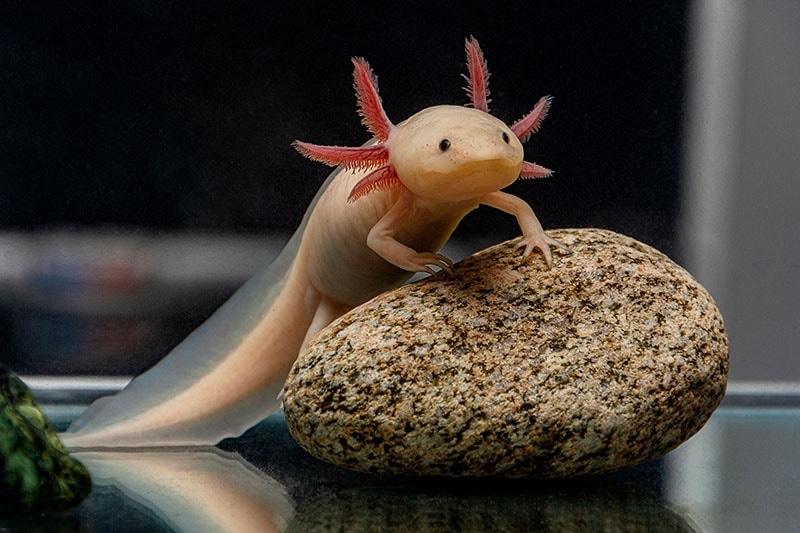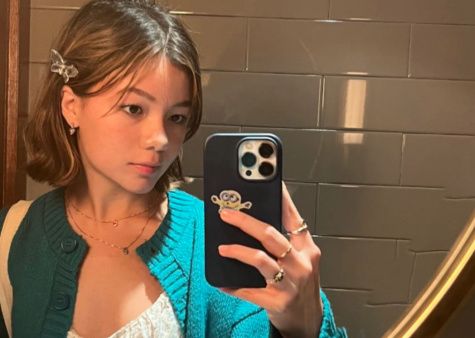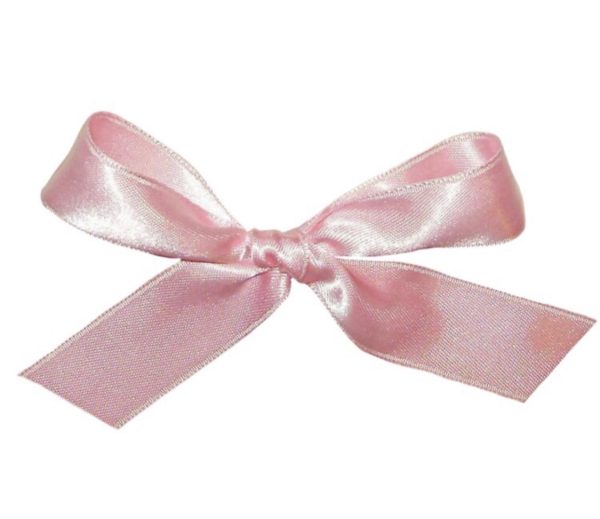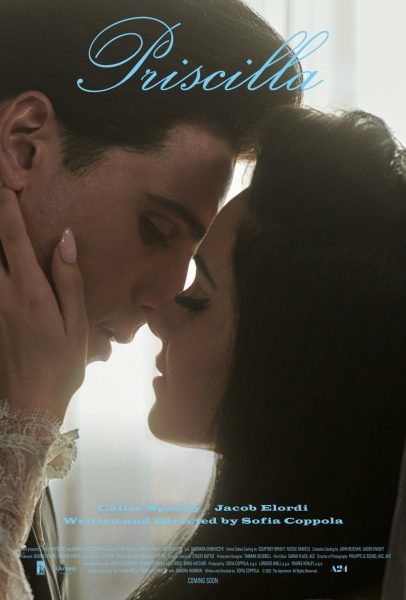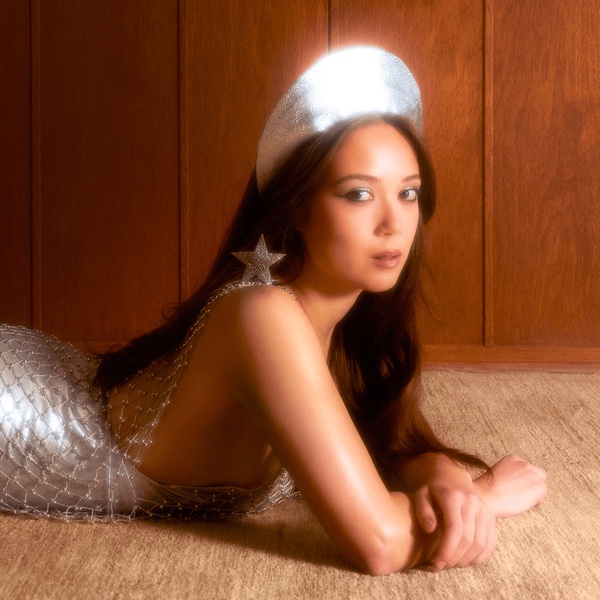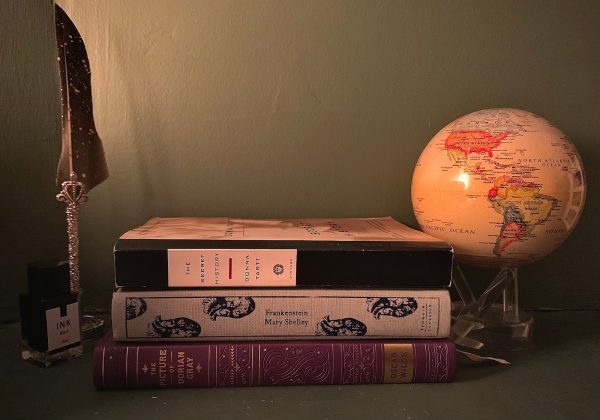To Stream or Not to Stream: Tiny Pretty Things

November 30, 2022
Overview
Publicized as Black Swan meets Pretty Little Liars, Tiny Pretty Things takes place at Archer Ballet School, a prestigious boarding school in Chicago. When Cassie Shore, ballet student, plunges over the side of the school roof and falls into a coma, the Archer School will do whatever it takes to cover up her fall and maintain its reputation. Tiny Pretty Things is quite successful in prolonging the perfect murder mystery; everyone has a motive, everyone’s lying, and everybody is protecting someone. Officer Isabel Cruz, the beat cop who initially responded to the scene of Cassie’s fall, is determined to find answers.
The show begins when Neveah Stroyer, a transfer student, is accepted to fill Cassie’s spot. Though she faces the typical nuances of being a new student: adjustment, cementing yourself, and of course, meeting the power vacuum — who in this case is Bette Whitlaw, sister of newly graduated principal dancer, Delia Whitlaw — it quickly becomes known that Neveah was a diversity acceptance. This is one of the first but many grossly arcane measures the school director, Madame Dubois, is willing to go through to preserve the school’s authority as the top ballet academy amidst the scandal that is Cassie Shore.
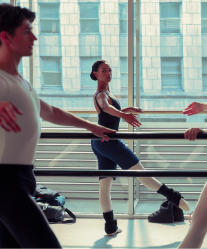
Meanwhile, Neveah’s roommate June Park, who is struggling with the trauma of Cassie’s incident, faces academic pressure from her mother; if she doesn’t become a principal dancer, her mother threatens to cease supporting her financially or emotionally.
The supporting characters are just as complex: Oren Lennox is dating both Bette and Shane McRae. Due to the tensions created from Cassie’s fall, he is also fighting head on with Nabil Limyadi, who was in love with Cassie and was her old pas de deux (dance) partner. Oren also struggles with a brutal eating disorder. Out of all the boys, Shane appears to be the only one who genuinely supports and cares for Neveah.
My Take:
There’s a lot that does work about Tiny Pretty Things. It has a particularly addicting nature because the writers are able to maintain the ambiguities of each character, while also stressing the foreboding essence of the Archer School. The show highlights each dancer’s fortitude and ambition in their battle to the top — a ruthless nature nurtured by the adults of the school. Specifically, the presence of Ramon Costa, a manipulative but entirely visionary choreographer who is hired to direct the school’s next ballet on Jack the Ripper, affirms this cutthroat desire to be perfect through his abusively pragmatic character casting.
The show is very compelling. Every episode left me eager for more. Every action or secret unveiled is meticulously linked to another malicious secret; whether it’s vulgar men wanting control over the young dancers’ bodies, or the violent dream sequences experienced by some of the dancers, reflecting a warped version of the real world.
The obscure lives of the Whitlaw family proved to be the most engrossing storyline. Bette’s mother, Katrina Whitlaw, seems to be the antagonist as she encourages her to do spiteful things to her friends and ballet mistresses in order to rise to the top. Bette remains in the shadow of her successful sister and Archer alumni, Delia, so the pressure to excel has always been embedded in her life. The Whitlaw family accounted for some of the most well written and disconcerting aspects of the show, from the extent Katrina will go to to cover up Cassie’s mistakes with Bette, to how Bette strives to be Delia, and how long Delia will survive as a professional in the ballet world.
Each episode ran for approximately 50 minutes–give or take–which made the show appear overlong. There’s a lot left untouched and a lot of storylines which took an abrupt end, leaving the audience confused. Who will become the face of the Archer school? Will Neveah make it through? Will Cassie live through the coma? Near the end, it felt as if the writers were force feeding us plot after plot, stuffing the show with more characters and storyline than could ever be revealed.
What was especially left unpacked was the threatening text messages Ramon Costa received about Cassie’s fall, and his connection with her as well as the impact that it had on his relationship with Delia. Though we do discover who did it, there’s not much that proceeds it considering the build up beforehand.
Even more frustrating is Officer Isabel’s use of excessive force to relay answers out of the teens. Despite the plan to close Cassie’s case, Isabel repeatedly shows up to the school putting on the face of a detective to berate for answers, assuming the worst of these young teens. There was an awkward lack of sympathy the writers had in regard to Isabel; in order to cope and distract herself from her wife’s recent passing, she is putting all her effort into Cassie’s case. This, however, is not communicated well to the audience. Instead, it feels like an easy justification for the distress she put the dancers through.
Moreover, what I admired the most about this show was the beautiful and emotionally stimulating choreography (but this might just be because of the dancer in me). The ballet Ramon created was a woeful representation of Cassie’s fall, despite being advertised as Jack the Ripper. It was the perfect mix of contemporary and ballet, embodying the actions of all the students in the academy and the things they’d do to one another to gain the upper hand.
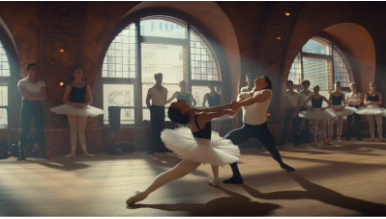
The dancers put together a dynamic protest, during their final performance, against the authority figures in the school, explaining how they exploited their bodies for the benefit of men and to revamp the school’s reputation, rather than caring about their success.
The Ballet World vs Tiny Pretty Things
For the most part, Tiny Pretty Things is more drama than ballet. It zeros in on the politics involved in ballet careers and attempts to bring the viewer’s attention to the concept of elitism in ballet. There’s very little accurate representation of the ballet world in this show, and I was appalled when I found out that the dancers were right around my age, 16. In media and cinema, ballet is consistently portrayed as a shorthand for horror and psychological thriller. Tiny Pretty Things unfortunately plays very deeply into these stereotypes: if a dancer is male, he’s gay, all dancers have eating disorders, all dancers are incredibly flexible and are only their bodies. I could go on.
Although I can recall the many years where my friends and I were yelled at by Russian ballet teachers who sat in the back of the studio and made merciless comments on our technique at 10 years old, I also blossomed so many beautiful and lifelong friendships growing up as a dancer. Tiny Pretty Things neglects the friendship and deep rooted relationships formed from ballet ( even if they’re somewhat because of a trauma bond ), only focusing on the rivalrous environment that is apparent in the ballet world.
Nonetheless, every actor in the show is a real dancer, which helps me appreciate the show much more. In social media, the popularity surrounding ballet has skyrocketed, specifically amongst people who do not do ballet. Ballet is often misunderstood by a society that idolizes a dancer’s body, tutus and “toe shoes” ( this has got to be the worst one. )
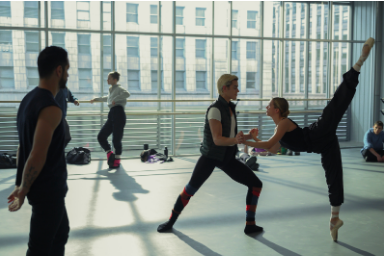
Ballet dancers are overworked, yet they’re underpaid and underappreciated for the art that comes from the hard work put in. There’s nothing wrong with a company promoting ballet-inspired clothing, but when they use models who can’t even tie their pointe shoes correctly or get over the box, causing a risk for injuries, us bunheads are bound to find this frustrating.
Tiny Pretty Things honors how difficult ballet is and represents the lack of value dancers receive. This show perfectly displays the urge to be perfect, and how improvements are never ending in the world of dance whilst also providing a clear representation, to those who do not dance, of how long it takes to achieve the ability the dancers in this show have.
Most notably, I felt as though the focus on Bette’s competitive complexion allowed for insight on how developing in the ballet world formulates your mind very differently than others. What is normal to us is toxic to others, which dancers often realize as they grow up. Despite Bette’s overly confident aura, allowing us a glimpse into her mind was somewhat of a healing experience. Her persona helped me feel less crazy for justifying overworking myself or dancing on possible surgery-inducing injuries.
Final Thoughts
I did like Tiny Pretty Things. The drama grabs your attention and exhibits the paradox behind ballet as both an art form and a mentality that other media don’t typically get right.
Just this show alone could turn you away from dance, but don’t let it deter you from enrolling in a ballet class. It portrays many inaccuracies, from the abuse of power, to sickly shrewd directors and ill-hearted peers.
The series raises awareness about the institutionalized racism, sexism and toxic masculinity presented in ballet and the stigmas around ballet bodies. Ultimately, there was a lack of character development amongst almost everyone in the series. Although this makes it a more realistic representation of teenagers, it does make the show harder to watch.
The final episode offers a feeling of hope that there will be change in the marginalization of certain bodies, races and cultures in an intense industry that has remained predominantly the same for decades. This show is triumphant in drawing the watchers in for the next season by leaving us with a mind-boggling plot twist. Though, like many shows released during the peak of COVID, Netflix decided to cancel it, leaving it with just one season.
